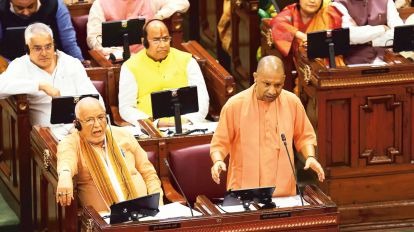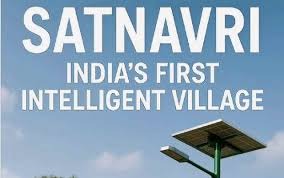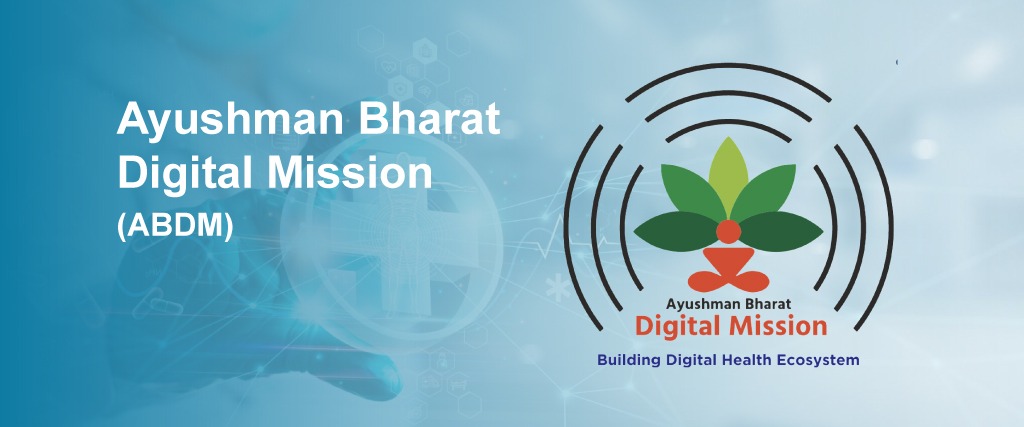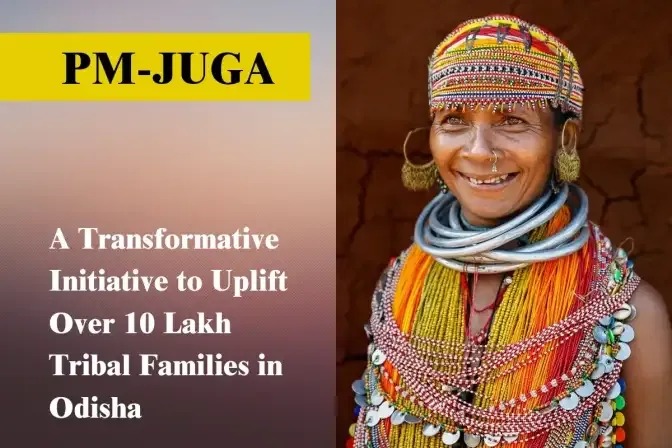 Image Source: WowNews24x7
Image Source: WowNews24x7
Key Highlights
-
The Union Budget 2025-26 introduces landmark steps to strengthen cancer care, aimed at addressing prevention, timely diagnosis, affordable treatment, and seamless access.
-
Rs 98,311 crore is allocated to the Ministry of Health and Family Welfare, a nearly 10% increase from last year, reflecting a strong government commitment to public health.
-
At the heart of the reforms is the rollout of 200 Day Care Cancer Centres (DCCCs) in district hospitals this fiscal, as part of a three-year goal to provide accessible, quality cancer treatment in every district.
-
Exemptions from customs duty for 36 life-saving cancer and rare disease drugs, along with concessions for bulk drug production, make advanced treatment more affordable.
-
Medical education receives a boost, with additional investments aimed at expanding oncology expertise and capacity nationwide.
Expanding Cancer Care Infrastructure
-
200 new Day Care Cancer Centres will be established in district hospitals during 2025-26. Over three years, all district hospitals will be covered, prioritizing underserved, high-burden districts.
-
DCCCs focus on providing chemotherapy, palliative care, and essential outpatient cancer services, easing patient overload in tertiary centers and supporting rural and small-town populations.
-
These centers will be supported by referral linkages, ensuring continuity of care with State Cancer Institutes and Tertiary Care Centers.
-
19 State Cancer Institutes and 20 Tertiary Cancer Care Centres are operational and continue to act as critical hubs for advanced diagnostics, treatment, and capacity building.
Making Life-Saving Drugs Affordable
The Budget fully exempts 36 life-saving cancer and rare disease drugs from customs duty, and adds six more for a concessional 5% rate, directly reducing costs for families and hospitals.
37 new medicines and 13 additional Patient Assistance Programs are included to further widen patient access.
Free-of-cost life-saving medicines supplied by pharmaceutical Patient Assistance Programs will also receive customs exemptions, ensuring equitable access for the economically disadvantaged.
Integrating Screening, Prevention, and Digital Health
Cancer screening, particularly for oral, breast, and cervical cancers, will be expanded through Ayushman Arogya Mandirs and mobile units in rural and remote areas.
The rollout is coupled with the Ayushman Bharat Digital Mission, aiming to bring digital health records and telemedicine to cancer patients nationwide, improving follow-up care.
Continued support for Ayushman Bharat and the Pradhan Mantri Jan Arogya Yojana (PM-JAY) provides Rs 5 lakh annual health cover to nearly 55 crore citizens, including the recently expanded support for all senior citizens aged 70 and above.
Medical Education and Research
10,000 additional medical seats and research fellowships are planned, with a focus on creating a new generation of oncology specialists, strengthening India’s clinical and research capabilities.
Investment in medical education will also support expanded training in early detection, innovative therapies, and digital solutions for cancer care.
Driving Equity and Innovation
The government prioritizes rural and under-resourced regions, where over 75% of cancer treatments funded by public schemes already reach patients previously left behind.
Proposals promote research, the use of digital health tools, and capacity for innovation, ensuring that India’s cancer care system is future-ready.
The medical tourism sector is getting a fillip, with on-arrival visas and partnerships, expected to position India as a major international destination for quality, affordable cancer care.
Source: PIB, Ministry of Health and Family Welfare, DD News, Economic Times, Digital Health News, Drishti IAS, EY, Times of India
Advertisement
Advertisement






